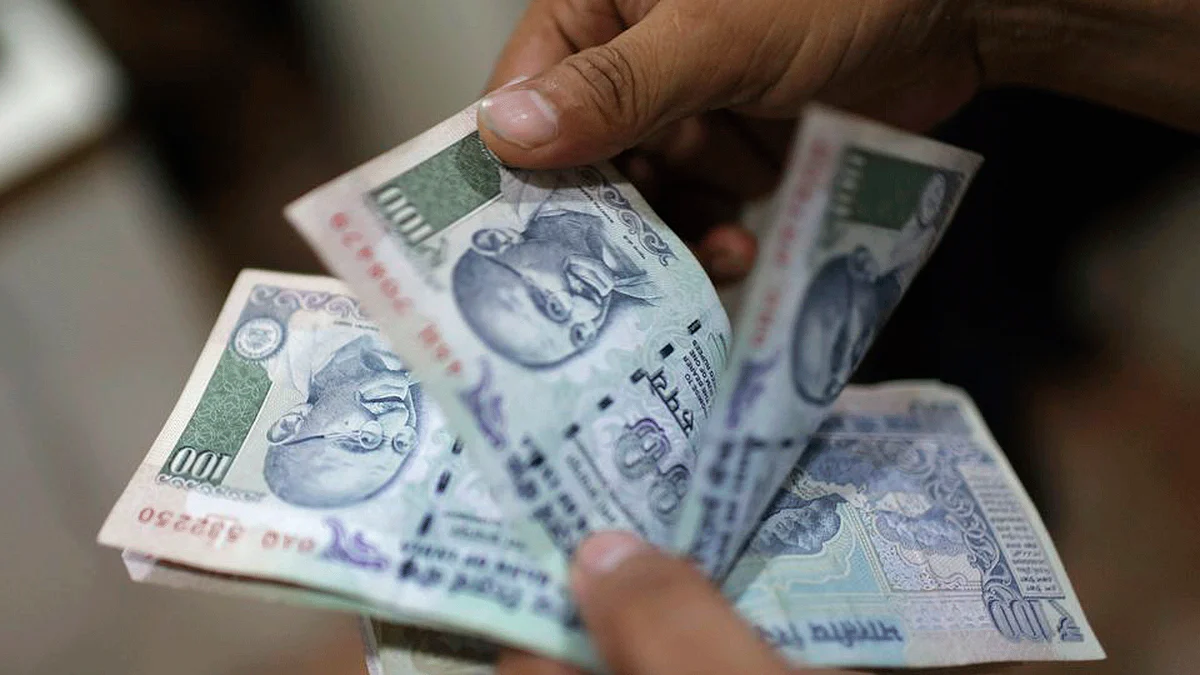Note Ban: 20,000 Tonnes of Currency Paper to Be Imported Soon
Under normal printing conditions, the currency papers would have lasted until mid-2017.

advertisement
A tender is expected to be issued in a week for the import of currency papers from some foreign firms to meet the requirement of the country’s printing presses following demonetisation of Rs 500 and Rs 1,000 notes on 8 November.
The import order could be in the range of 20,000 tonnes, far higher than the approximately 8,000 tonnes imported over the current year, senior officials told The Indian Express following a Finance Ministry meeting.
The consumption of currency paper over the last few years had been in the range of 25,000 tonnes annually and around 18,000 tonnes are now manufactured by the presses in India.
It was also reported that several foreign firms expected the orders to be split among them so that the price of imports is rationalised.
The order may be shared by around nine foreign firms who have obtained security clearance from the Home Ministry, senior officials said. They include Landquart from Switzerland, Komsco from South Korea; PWPW from Poland; Arjowiggins from France; Crane from Sweden; Goznak from Russia; PT Pura from Indonesia; Fabriano from Italy and Louisenthal from Germany.
(Source: The Indian Express)
(At The Quint, we question everything. Play an active role in shaping our journalism by becoming a member today.)